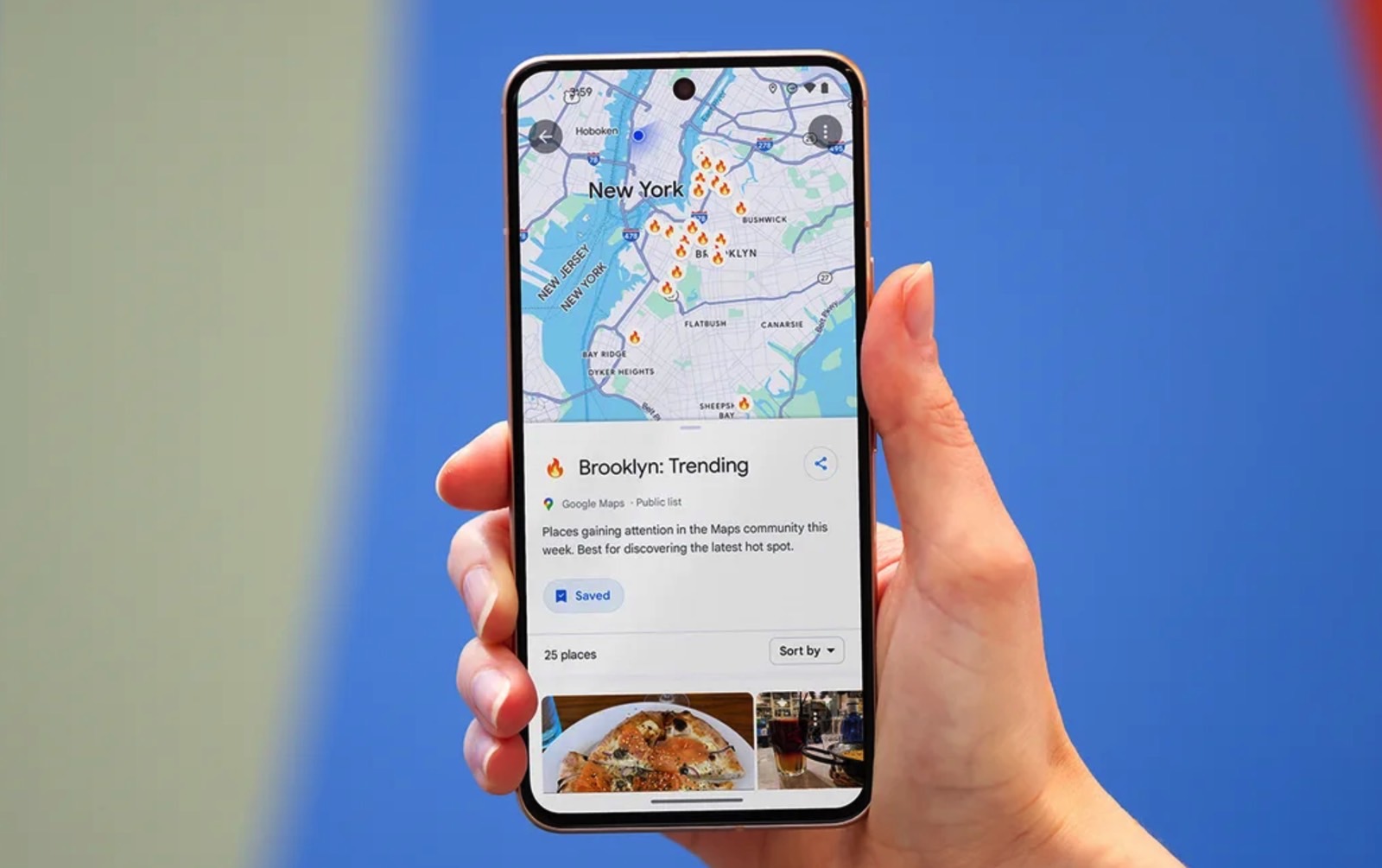Over a billion folks use Google Maps every month to navigate the world. From visitors detours to finding eating places, it’s grow to be a default method of how we expertise and work together with the world. However what if this go-to software is doing extra than simply guiding you from level A to B?
Latest adjustments—like renaming the “Gulf of Mexico” to the “Gulf of America” and reverting “Mount Denali” again to “Mount McKinley”—have sparked debate. These updates weren’t unintentional; they stem from political directives. However it isn’t simply the title adjustments which are making folks query issues. It’s additionally the truth that Google is deleting destructive opinions of the change.
Whereas a reputation swap on a map may appear innocent, some researchers argue it could possibly be way more vital. It may truly be a type of cognitive manipulation. However is Google Maps truly brainwashing us?
To reply that, we have to take a look at all of the proof. This complete concept is tied to an idea referred to as prolonged cognition. First proposed within the late ‘90s, it means that our instruments—particularly digital ones—grow to be a part of how we predict. Your telephone doesn’t simply aid you keep in mind the place you’re going. It remembers for you. Over time, it replaces key psychological capabilities like recall, spatial reasoning, and decision-making.
We’re already seeing how this impacts people because of AI’s reported affect on vital considering expertise, so it actually isn’t that far exterior the realm of potentialities to assume that Google Maps is perhaps able to brainwashing us. Some researchers argue that if the app is successfully part of our considering course of, then adjustments made with out our consciousness don’t simply alter the app—they in the end alter us.
And I feel that’s the important thing right here. Certain, most individuals know that the “Gulf of America” was once the “Gulf of Mexico.” However, lots of people are sad with the prospect, and see it as type of silly. However as a result of Google is actively deleting opinions that negativity speak in regards to the change, its making it simpler to really feel like persons are simply accepting it.
Give it some thought. You look at your map and see the “Gulf of America.” First, you cease to query it. Then your thoughts accepts it. So, you then repeat it. That’s not persuasion; it’s what scientists name passive affect. And that’s the place the road between useful know-how and manipulation actually begins to blur, researchers say.
The concern isn’t simply in regards to the political renaming of iconic areas on the map. It’s about who in the end has management of the way you expertise the world. When the platforms we depend on to grasp the world begin modifying that world, even subtly, we’re not absolutely in control of our notion. Within the language of tech ethicists, this isn’t steerage—it’s coercion dressed up as comfort.
As smartphones proceed to evolve into extensions of our minds, issues about Google Maps brainwashing its customers are essential to maintain entrance and heart. Plus, it completely highlights one thing all of us want to remember…
It’s simple to outsource considering, but it surely’s simply as simple to lose monitor of who’s doing the considering for us, too.






